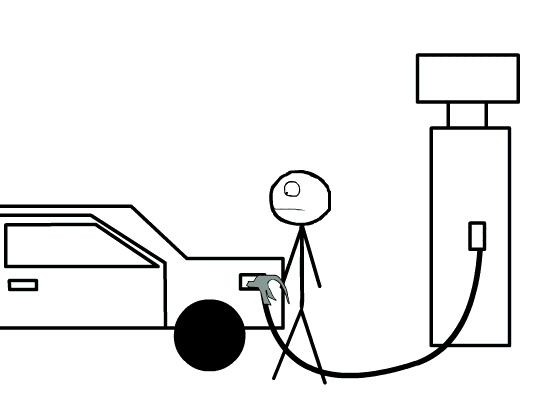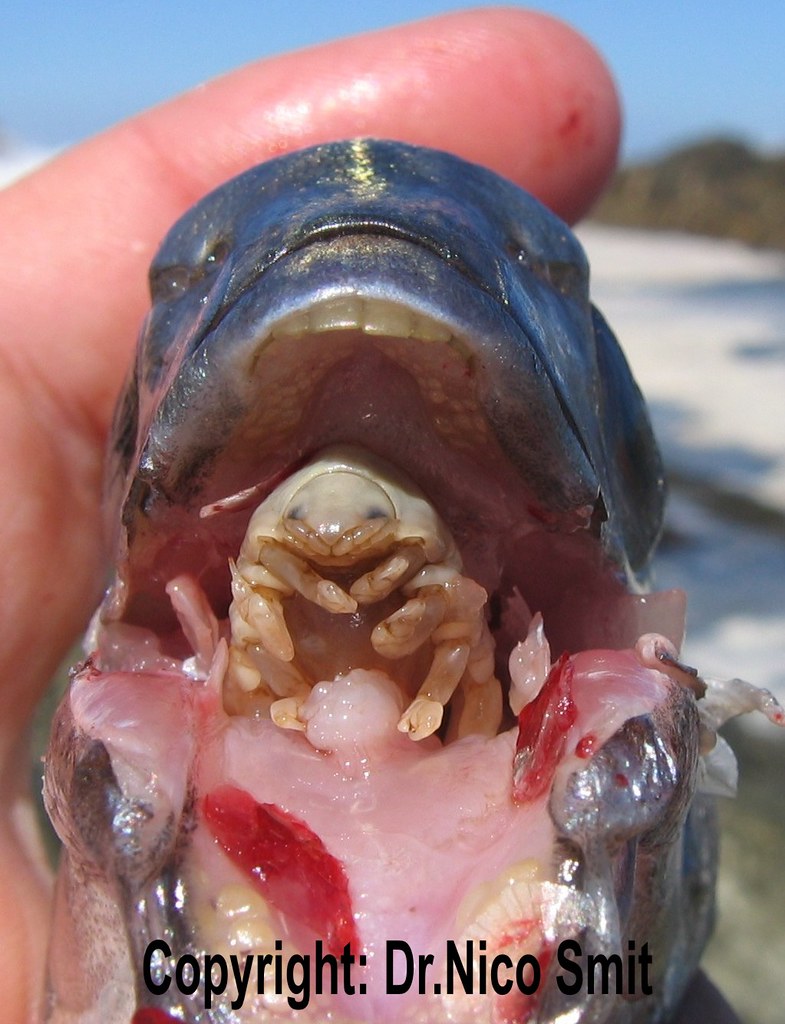GC General Chat
Hier kun je praten over van alles en nog wat. Eigenlijk alles wat niet in een van de andere rubrieken thuishoort.



"Any officer who goes into action without his sword is improperly dressed." - "Mad Jack" Churchill DSO MC


quote:
If the human brain was so simple that we could understand it, we would be so simple that we couldn't
designer of : www.dissident-wear.com
designer of : www.dissident-wear.com


das nog eens fistenquote:Op dinsdag 4 september 2007 09:04 schreef weasel85 het volgende:
die man is vast zijn hand kwijt
fan van Putin, Baudet, Jorge Lorenzo en Assad


WATquote:Op maandag 3 september 2007 23:58 schreef Zweefvliegje het volgende:
Hij is te vies.. ik zet hem achter een linkje: klik
IS
DAT!?


tvp
“Snowboarding is an activity that is very popular with people who do not feel that regular skiing is lethal enough.”


* Bloed, zweet en TOETSAANSLAGEN!
* You're about as useful as a one-legged man at an arse kicking contest
* I can resist everything except temptation.
* If everything seems under control, you're just not going fast enough
* You're about as useful as a one-legged man at an arse kicking contest
* I can resist everything except temptation.
* If everything seems under control, you're just not going fast enough


quote:Op woensdag 5 september 2007 18:17 schreef RHCPeter het volgende:
Is een plaatje wat ik bij cursus heb gezien. Mocht niet geloof ik
It Never Hurts To Help!


Ja, te lang op één kant blijven liggen in bed. Geeft nare wonden. Daarom moeten mensen ook regelmatig gedraaid worden, als ze daartoe zelf niet in staat zijn.quote:


Het laatste stadium van decubitus, ofwel doorliggen. Necrose heet het.quote:
Anti decubitus matrassenspecialist in tha house
Proud property of hollander172


Is het normaal dat er dan een steen uit je reet gaat groeien?quote:Op woensdag 5 september 2007 19:13 schreef dubidub het volgende:
[..]
Ja, te lang op één kant blijven liggen in bed. Geeft nare wonden. Daarom moeten mensen ook regelmatig gedraaid worden, als ze daartoe zelf niet in staat zijn.


dat is geen steen, dat is gewoon een stuk kont(vlees) in staat van ontbinding.quote:Op zondag 9 september 2007 12:09 schreef Ziewoarut het volgende:
[..]
Is het normaal dat er dan een steen uit je reet gaat groeien?
Ik heb het nu druk. Ik negeer je straks wel.


Cymothoa exigua is a parasitic crustacean of the family Cymothoidae. This parasite attaches itself at the base of the tongue of the spotted rose snapper, Lutjanus guttatus, with the claws on its front three pairs of legs, and extracts blood. As the parasite grows, less and less blood is able to reach the tongue, and eventually the organ atrophies from lack of blood. The parasite then replaces the fish's tongue with its own body, by attaching to the muscles of the tongue stub. The fish is able to use the parasite just like a normal tongue, except that it has to share its food with the parasite. It appears that the parasite does not cause any other damage to the host fish . Once C. exigua replaces the tongue, it supplements its diet with food particles, thereby relieving strain on the host's circulatory system. This is the only known case of a parasite functionally replacing a host organ.


ok..dit ziet er vrij smerig uitquote:Op zondag 9 september 2007 22:18 schreef Aurelius het volgende:
[afbeelding]
Cymothoa exigua is a parasitic crustacean of the family Cymothoidae. This parasite attaches itself at the base of the tongue of the spotted rose snapper, Lutjanus guttatus, with the claws on its front three pairs of legs, and extracts blood. As the parasite grows, less and less blood is able to reach the tongue, and eventually the organ atrophies from lack of blood. The parasite then replaces the fish's tongue with its own body, by attaching to the muscles of the tongue stub. The fish is able to use the parasite just like a normal tongue, except that it has to share its food with the parasite. It appears that the parasite does not cause any other damage to the host fish . Once C. exigua replaces the tongue, it supplements its diet with food particles, thereby relieving strain on the host's circulatory system. This is the only known case of a parasite functionally replacing a host organ.


idd... maar die bovenkant ziet er wel raar uit. Lijkt net alsof de vis tanden heeft net onder z'n lip?


Die tanden zijn vaag, maar dat beestje op zich bestaat wel echt, althans ik heb er vaker van gehoord.


ZIEK! Een parasiet die een orgaan vervangt zonder dat dat beest er last van heeft.quote:Op zondag 9 september 2007 22:18 schreef Aurelius het volgende:
[afbeelding]
Cymothoa exigua is a parasitic crustacean of the family Cymothoidae. This parasite attaches itself at the base of the tongue of the spotted rose snapper, Lutjanus guttatus, with the claws on its front three pairs of legs, and extracts blood. As the parasite grows, less and less blood is able to reach the tongue, and eventually the organ atrophies from lack of blood. The parasite then replaces the fish's tongue with its own body, by attaching to the muscles of the tongue stub. The fish is able to use the parasite just like a normal tongue, except that it has to share its food with the parasite. It appears that the parasite does not cause any other damage to the host fish . Once C. exigua replaces the tongue, it supplements its diet with food particles, thereby relieving strain on the host's circulatory system. This is the only known case of a parasite functionally replacing a host organ.
Zou dat bij mensen ook kunnen ?


Dat ziet er heel bizar uit. Als die gast zijn knieen niet breekt bij de landing
Nederlandse Eetbare Planten & Paddenstoelen Database @ www.permacultuurnederland.org


Alsof die sumo-worstelaar echt op skies staatquote:Op maandag 10 september 2007 13:13 schreef vero-legata het volgende:
Dat ziet er heel bizar uit. Als die gast zijn knieen niet breekt bij de landing











